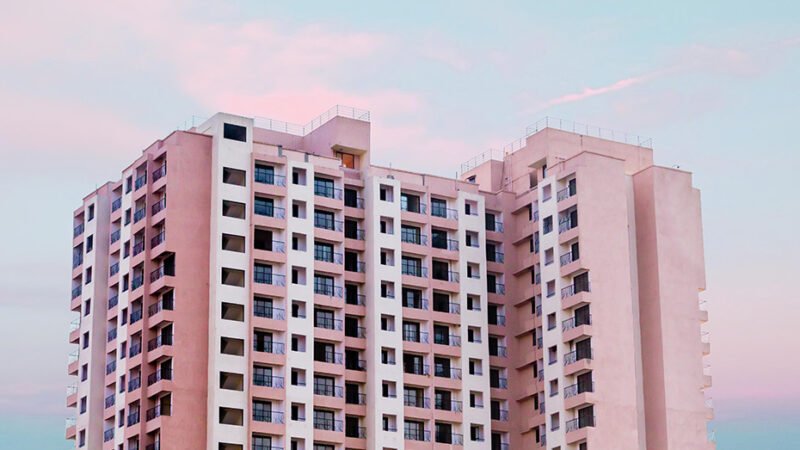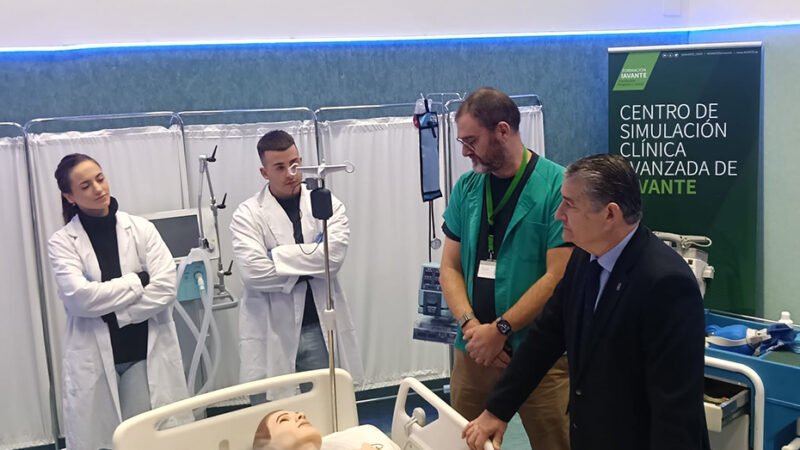Acuerdo para acelerar terciarios de El Bobar y El Toyo en Almería.

The Minister of Agriculture, Fisheries, Water, and Rural Development, Ramón Fernández-Pacheco, and the Mayor of Almería, María del Mar Vázquez, have signed a general protocol establishing the basis for collaboration in the construction, financing, and operation of hydraulic infrastructures of community interest, consisting of tertiary treatments at the El Bobar and El Toyo Wastewater Treatment Plants (EDAR) for the use of reclaimed water.
Fernández-Pacheco explained that the goal of this protocol is to «speed up to the maximum» the construction and implementation of these infrastructures, as these treatments are «essential» for agricultural irrigation in the Vega de Almería, providing up to 16 cubic hectometers of reclaimed water. From the El Bobar Wastewater Treatment Plant, up to 13 cubic hectometers could be obtained, and in the case of El Toyo, three, resources that will benefit 3,180 hectares of crops in La Vega and Bajo Andarax.
According to the Minister, under this general protocol, the Municipality of Almería will be responsible for drafting the projects, as well as for bidding and executing the works, and will be the final operator. It will also develop the Irrigation Management Plan for the reclaimed water, necessary for both infrastructures.
On the other hand, the Andalusian Government will oversee and approve the projects, finance the works, and approve concessions to users, which will be detailed in an upcoming agreement when the final economic amount is known. Both tertiary treatments and conduits for water delivery to farmers will be funded through the PARRA Plan.
The Mayor of Almería, María Vázquez, has expressed her «great satisfaction» with the signing of this protocol «because the combination of reclaimed water and tertiary treatments mitigates water scarcity, reduces pumping and energy costs, showcases the sustainability of Almería’s agriculture, and positions Almería as a leader in modern and climate-resilient agriculture.» Thus, she stated, «investing in water reuse helps make Almería a global reference for sustainable and high-value agriculture.»
For the Mayor of Almería, «improving the utilization of reclaimed water produced by the EDARs is also a decisive step in responding to a historical demand from farmers, who need access to more quality water for crops to continue supplying healthy products to the rest of Spain and Europe. Similarly, the capital also benefits, as it can use this water for irrigating green areas,» which is why she thanked the Junta de Andalucía, «the Government of Juanma Moreno, for this new demonstration of their commitment and closeness to Almería.»
Tripled production of reclaimed water
Fernández-Pacheco emphasized the firm and determined commitment of the Andalusian Government to water regeneration, «so much so that in five years, its production has tripled.» In 2019, the volume of reclaimed water in Andalusia was 17 cubic hectometers annually, representing just 4.5% of the total volume. Thanks to the implementation of tertiary treatments in the Axarquía and in the Almería West, the volume of reclaimed water has increased to 70 cubic hectometers, representing 17% of the total and triple the production.
«Our goal is to become the region that reuses the most water by 2027, with 180 cubic hectometers, and for this, we are developing the I Andalusian Strategy for Non-Conventional Water Resources,» Fernández-Pacheco pointed out, considering projects like El Bobar and El Toyo as crucial.
He thanked the Mayor of Almería for her willingness to collaborate so that these projects become a reality as soon as possible and considered it essential for both administrations to work together to promote hydraulic projects that alleviate the emergency situation in which this territory finds itself, with reservoirs at around 10% of their capacity.



